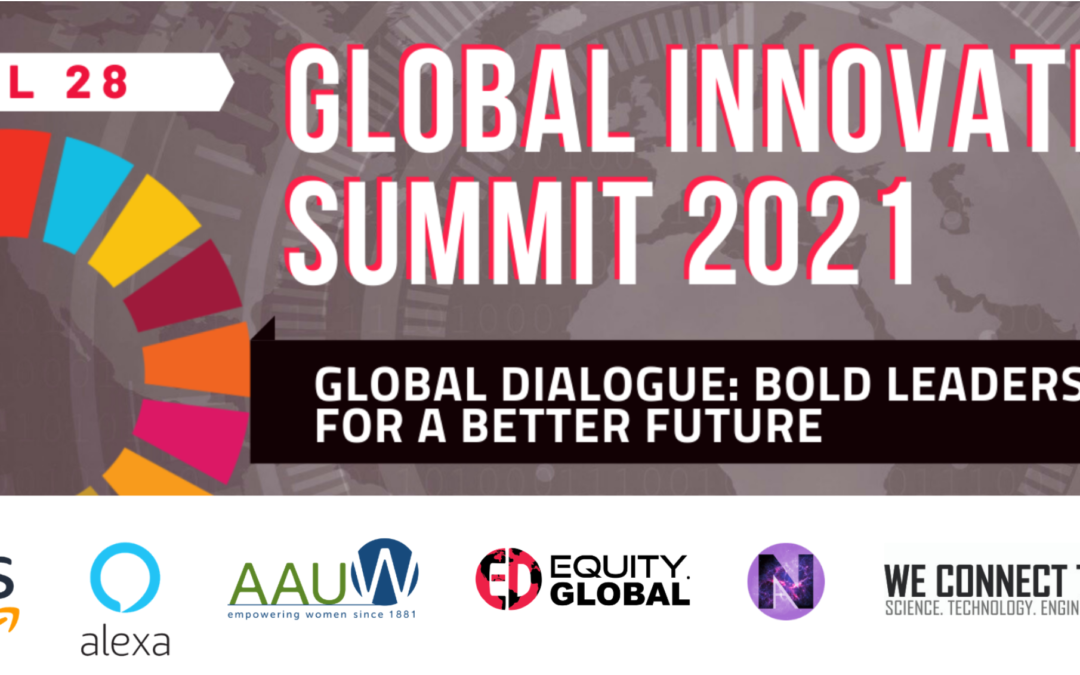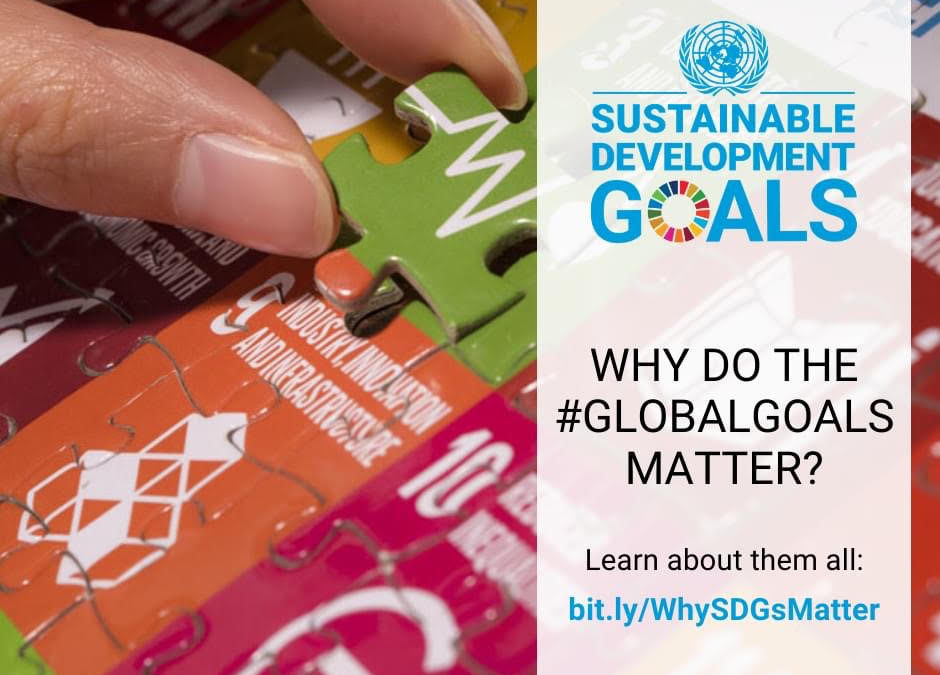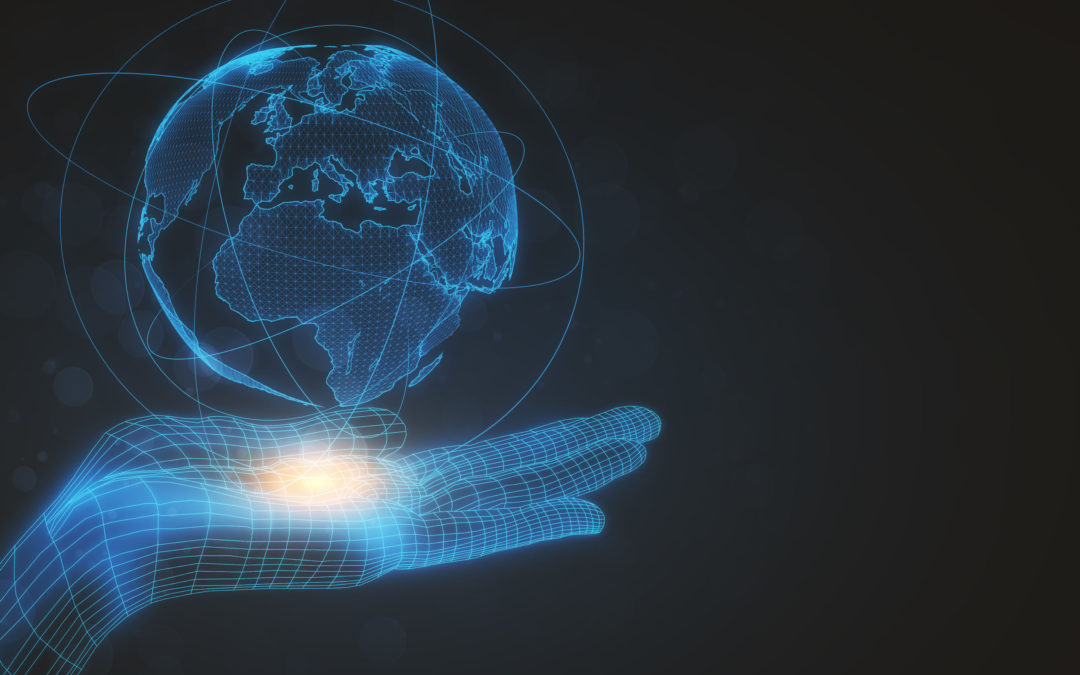’21 AWS Global AI Challenge Highlights
AWS Demo Day: Target Health Pitch

EDequity Global Hosts ‘21 AWS Global Innovation Summit; Graduates Over 45 Participants from Across the Globe
EDequity Global AWS Global Innovation Summit
“In the face of the global COVID crises, how do we put the women and people who have suffered the largest economic effects at the center of recovery efforts and work toward fixing long-standing inequalities, by leveraging technology?” Shauna Ruyle, Founder & Executive Director, EDequity Global
Facing recovery from a global economic crisis, high unemployment, increased poverty, stagnating income growth, lowered GDP, and community college enrollment plummeting (in California, USA), is important to understand the different ways that technology is changing the world of work and how together we can stimulate inclusive economic growth through education. Hence, Edequity Global with the support of 30+ sponsors and partners including AWS, American Association of University Women (AAUW), Google, Netflix, ThingLogix, African Leadership University, California State University Office of the Chancellor, The Basement UCSD, Southwestern College, and more – has taken the bull by the horns to equip women, underserved young graduates and entrepreneurs in communities across the globe with 21st century cloud skills at the ‘21 Global Amazon Alexa Skills Challenge.
The ‘21 Global Amazon Alexa SkilIs Challenge received over 300 registrants from across the globe with 46 women, marginalized college/university student and entrepreneur graduates coming from 6 countries (over 70% participants from Nigeria, then USA, India, Kenya, Brazil and Mexico). These impressive alumni completed the 5-week AI primer, formed teams and built innovative Alexa Skills to address one or more of the UN Sustainable Development Goals.
‘21 Global Innovation Summit
EDequity Global has organized the 2-Day Virtual Global Innovation Summit as an exciting “finale event’ and celebration to showcase graduate technology solutions to global problems, leveraging AWS. Business leaders, educators, nonprofits and civic leaders from the US and across the globe will join three leadership round tables to discuss the most pressing political, economic, environmental and human rights issues facing this generation today.
Highlights
• 3 trail-blazing keynotes including:
London Bell, 2020 African Descent Fellow, Office of the United Nations High Commissioner for Human Rights, NGO Committee on the Status of Women, Founder and President Bell Global Justice Institute
Diya Wynn, AWS Senior Practice Manager for AI/ML Ethics
Marianna Holiday, AWS Educate International, Education to Workforce Solutions
• 17 global leaders
• 3 leadership roundtable discussions
• 8 international team fast-pitch demos
• 6 tech all-star judges
• 20 AWS scholarships awarded
• 350+ attendees
• 30+ partners
AWS Demo Day
April 17, 7-11am US Pacific Time / 3-7pm West Africa Time
Following the 5-week artificial intelligence (AI) primer and project submissions, 8 teams will be invited to deliver their fast-pitch demos on AWS Demo Day, April 17, 2021 at the Global Innovation Summit for a chance to win scholarships toward AWS training & certification! Participants from 6 countries
including (Nigeria, USA, India, Kenya, Brazil and Mexico) will present their Alexa skill solutions to global problems in a fun, interactive livestream format.
Leadership Roundtable Discussions
April 28, 7am-2pm US Pacific Time / 3-10pm West Africa Time
The leadership round table discussions will center around three important themes:
UN Secretary General’s Message on Education and COVID-19
“We are at a defining moment for the world’s children and young people.”
The United Nations Secretary General Antonio Guterres launches his Policy Brief on Education in a Post COVID-19 world together with the Save Our Future campaign. #SaveOurFuture

Reimagining the future of skills: what do young people think?
Originally published on World Economic Forum by Henrietta H. Fore & Robert E. Moritz
- COVID-19 is casting a long shadow over the futures of young people all around the world.
- On World Youth Skills Day, we asked young people their thoughts on redesigning education and skills for the post-COVID era.
For children and young people looking to gain an education and skills, COVID-19 has made a bad situation even worse.
Before the pandemic, they faced a growing mismatch between the skills they were learning in school and those needed for employment.
Now, under the shadow of COVID-19, over one billion are out of school altogether. And millions of young people who were set to join the workforce cannot find jobs.
This moment is an important opportunity to reimagine how, and what, education and skills are delivered to prepare students for a rapidly changing world of work.
But governments and businesses cannot address this problem alone.
So, on World Youth Skills Day, we decided to bring together young people from Algeria, Argentina and South Africa to hear their thoughts about how we can re-design and re-imagine education and skills systems to meet their needs.
The virtual discussion, moderated by Mari-Lisa Njenga, a youth advocate from Kenya, identified four important principles that should guide change.

Why the Global Goals Matter
The 2030 Agenda for Sustainable Development provides a global blueprint for dignity, peace and prosperity for people and the planet, now and in the future. A few years into the Agenda, we see how civil society, private sector, and governments are translating this shared vision into national development plans and strategies. Read more about why each Goal matters by reading the PDFs below.

Digital cooperation in a fracturing world: The UN’s roadmap
Originally published unfoundation.org by MEGAN ROBERTS on July 30, 2020
The COVID-19 global pandemic has made digital tools indispensable. We work, learn, socialize, celebrate, and grieve virtually, and it is access to these technologies that has made it possible for many aspects of life to continue remotely, if in new forms. But the pandemic has also made life online more dangerous as cyberattacks of all stripes surge, as hackers “bomb” Zoom rooms, and as hate speech and misinformation flourish.
COVID-19 has magnified the critical role for digital technologies but also their underlying risks, and in doing so, made it clear that urgent work is needed to ensure that we can realize a future where new technologies can be harnessed to realize good and that we can work together to manage their risks.
Recently, the UN Foundation partnered with the Carnegie Endowment for International Peace to host a virtual discussion, featuring Fabrizio Hochschild, special adviser to the UN Secretary-General, on how the United Nations is working with others to help foster a safer and more equitable digital future.
Under-Secretary-General Hochschild explained how the UN Secretary-General’s new Roadmap for Digital Cooperation can help advance a positive digital future. The Roadmap, which was launched last month, builds on the work of the UN’s High-level Panel on Digital Cooperation, led by Melinda Gates and Jack Ma, and which delivered its final report last year. Since then, the UN has been working in partnership with countries, the private sector, civil society, research community, and others to identify how to realize the panel’s recommendations for what they called “the age of digital interdependence.”
The result of these efforts, the Roadmap is a call to:
CONNECT those who are not yet connected;
RESPECT human rights and human agency online; and
PROTECT those who are vulnerable to harms online.
Four points emerged from the wide-ranging discussion…



Recent Comments